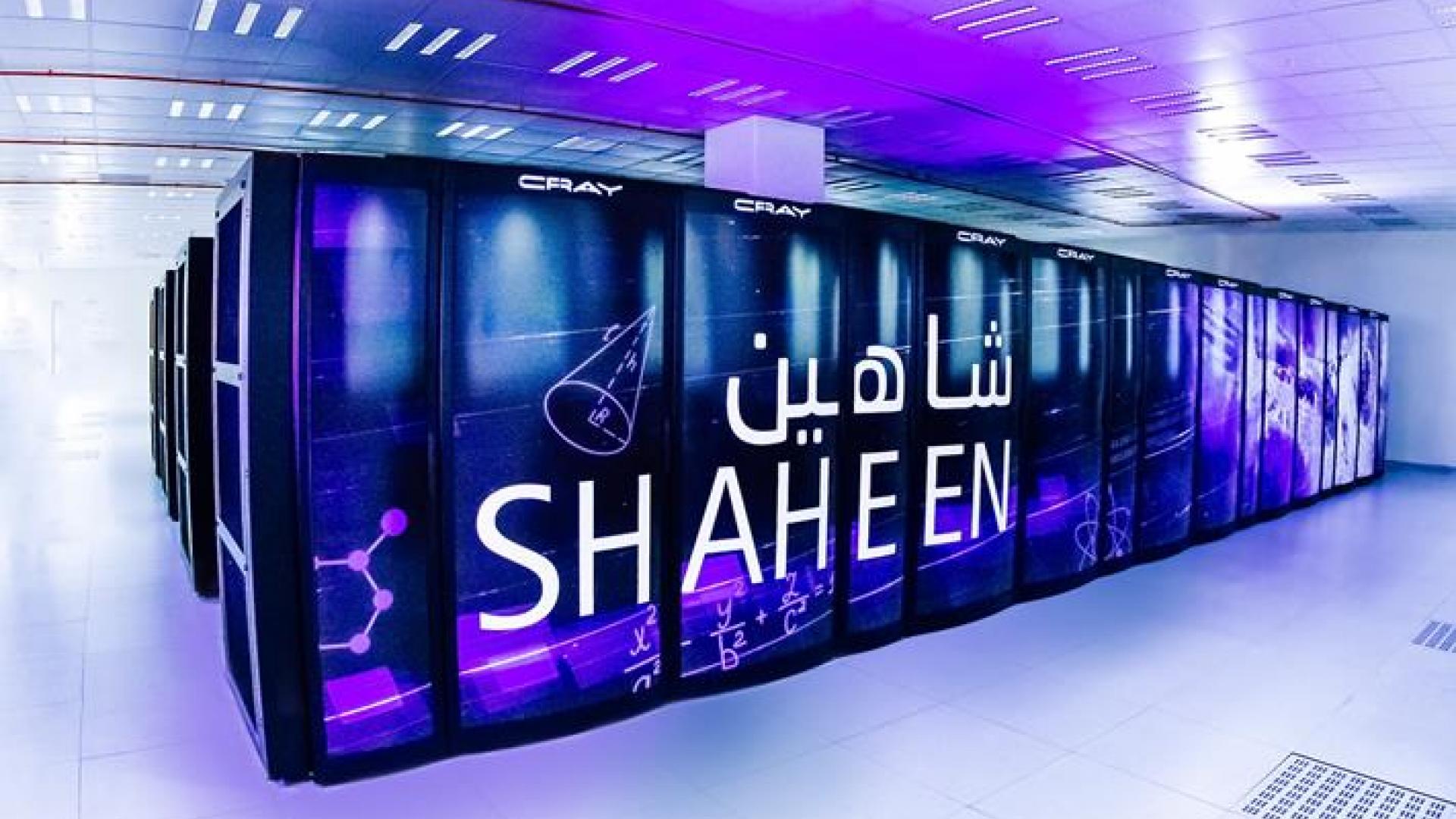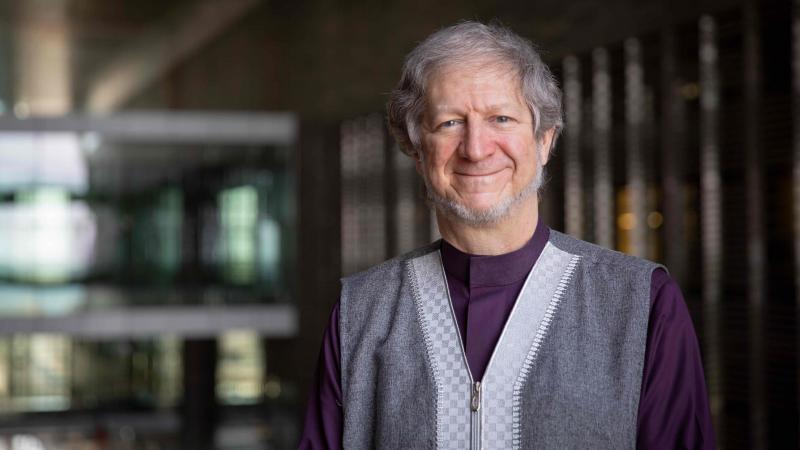The COVID-19 pandemic has imposed challenges across the globe that need to be solved using scientific discovery and innovation. In line with that, the KAUST Supercomputing Core Laboratory (KSL) has opened a call for proposals that require its supercomputer Shaheen II, as well as other cluster computing resources, to support research projects.
KAUST invites researchers from across the Kingdom to submit proposals for COVID-19 related research. Those interested can apply for computing allocations by filling in the COVID-19 Project Proposal form and submitting it to projects@hpc.kaust.edu.sa
Topics might include, but are not limited to: understanding the virus on a molecular level; understanding its fluid-dynamical transport; evaluating the repurposing of existing drugs; forecasting how the disease spreads and finding ways to stop or slow down the pandemic.
Critical infrastructure
Shaheen-II joins many supercomputers around the world that have recently reallocated a portion of their resources to campaigns to model the pandemic.
"COVID-19 and High-Performance Computing" is the subject of a special session of the now virtualized International Supercomputing Conference held every June (normally in Frankfurt), according to Professor David Keyes, Director of KAUST's Extreme Computing Research Center, who is the Chair of ISC'20.
"Virtualizing the longest-running supercomputing conference, which would have drawn close to 4000 physical participants, is a first-in-a-lifetime challenge," says Keyes, "though virtualization may be hybridized into the norm for conferences from now on. We decided to reprogram part of the conference to address the very nemesis that sent it into cyberspace."
The available resources will be Shaheen II, a Cray XC-40 supercomputer based on Intel Haswell processors with nearly 200,000 compute cores tightly connected with Aries high-speed interconnect; Ibex cluster, a high throughput computer system with about 500 computing nodes using Intel Skylake and Cascade Lake CPUs and Nvidia V100 GPUs; and KSL staff scientists, who will provide support, training and consultancy to maximize impact.
Read the full article

